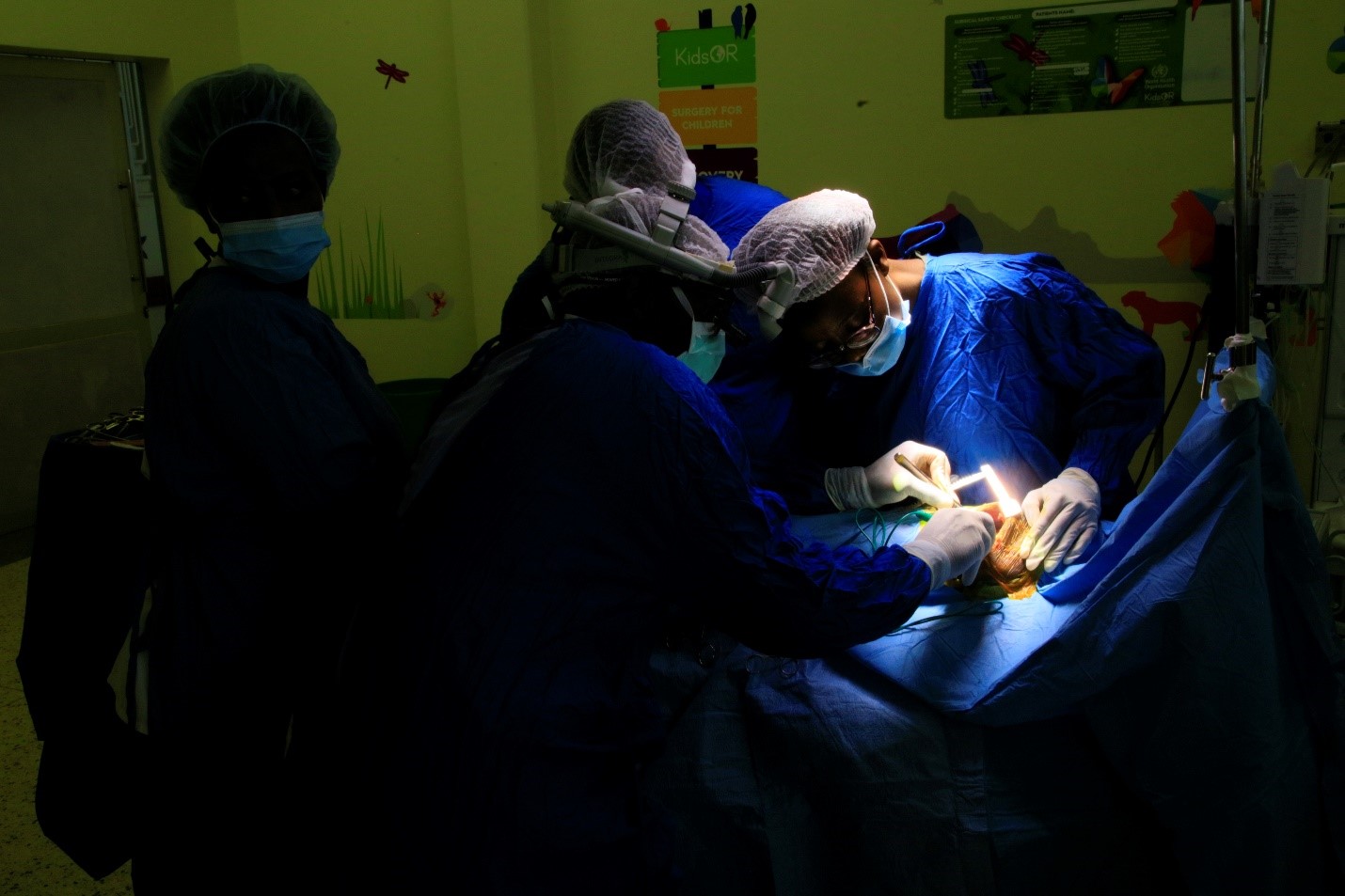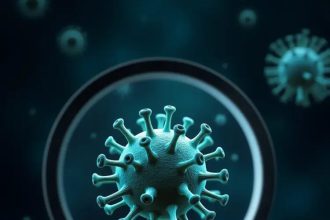The demand for safe blood in Uganda is increasing as the population is projected to reach 55 million by 2025. The Uganda Blood Transfusion Services (UBTS) is working hard to improve blood collection, testing, and distribution. This includes boosting the number of blood collections and expanding transfusion facilities throughout the country.
UBTS has improved its infrastructure with a network of eight Regional Blood Banks and seven additional blood collection and distribution centers. Recently, three more Regional Blood Banks have been constructed and completed in Arua, Hoima, and Soroti.
Despite these efforts, Uganda still falls short of the World Health Organization’s (WHO) recommendation that countries collect blood equivalent to 1% of their population. Last year, UBTS collected 339,671 units of blood, an increase from the previous year’s 313,975 units, but still not enough to meet the 1% target.
A particular challenge is collecting enough O negative blood, which is rare. Last year saw an increase in O negative donations, but the demand still exceeded the supply. Dr. Dorothy Kyeyune, Executive Director of UBTS, noted the importance of educating the public about O negative blood and encouraging donations from individuals with this blood type.
UBTS has also implemented strategies to optimize the use of available O negative blood stocks and improve overall blood transfusion services. These strategies are part of broader efforts to meet the demand for this critical blood type and ensure a stable supply for patients.
To promote regular blood donation, UBTS is running several campaigns aimed at young people and the general public. They have also started an e-recruitment campaign to address the increasing demand for O negative blood. This campaign is still in its early stages, and more resources are needed to achieve its goals.
Dr. Kyeyune emphasizes the need for a mindset change in the community to embrace blood donation. Blood donors play a crucial role in the health and wellbeing of patients in hospitals who need blood, such as mothers with pregnancy complications, children with severe anemia due to malaria, accident victims, and patients undergoing surgery or cancer treatment.
In Uganda, blood is collected and given free of charge in all healthcare facilities, both government and private. However, UBTS faces challenges with unethical practices by some health workers and patient attendants related to the sale of blood. The Ministry of Health is reviewing and strengthening policies and regulations to prevent the commercialization of blood and ensure a safe and free blood supply.
To donate blood, individuals must be in good health, between 18 and 65 years old, and weigh at least 50 kg. UBTS has an effective donor selection procedure to ensure that blood donation does not harm the donor or the recipient.
On June 14, Uganda celebrated World Blood Donor Day 2024, highlighting the ongoing efforts to improve blood transfusion services and meet the rising demand for safe blood in the country. Dr. Kyeyune reiterated that continuous efforts and partnerships are necessary to keep up with the increasing demand and to ensure a reliable supply of safe blood for patients in need.




















